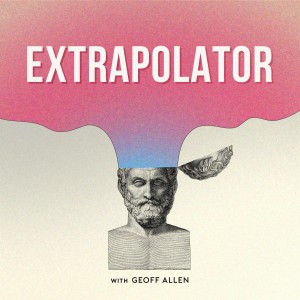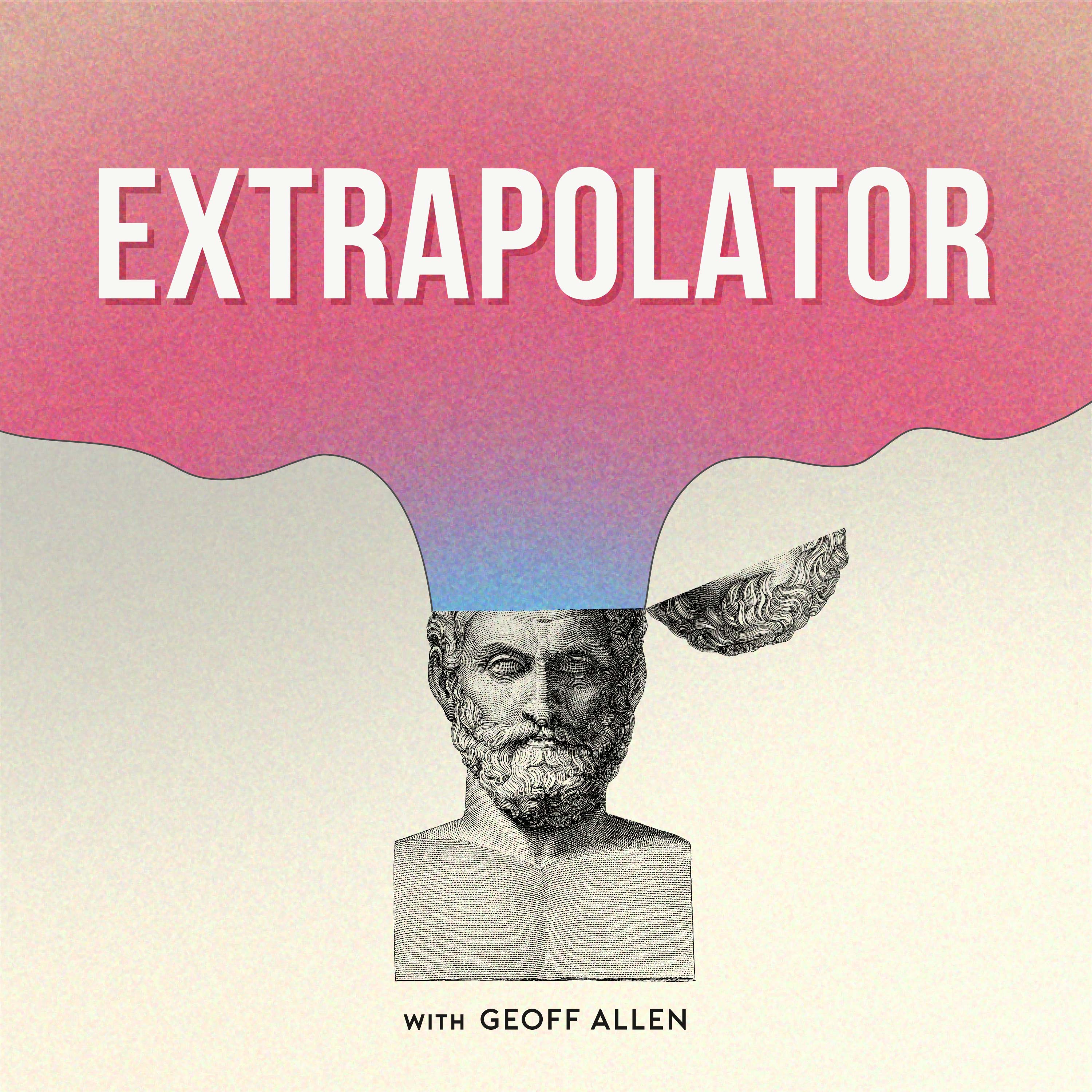Episodes

Wednesday Sep 08, 2021
#10 - Maura Cassidy Burke: Human Knowledge and the Multiverse
Wednesday Sep 08, 2021
Wednesday Sep 08, 2021
In this episode, Geoff Allen speaks with Maura Cassidy Burke about the extent and limit of human knowledge. The idea of a multiverse is a very fun thought experiment here. Are the rules of logic really ‘universal’? For human beings, logic is intuitive and it seems immutable, but maybe there are beings or planets or universes where logic does not hold in the same way. Equally, the laws of physics seem fixed, but what if they were nothing more than our ‘address’ in space? At other locations in the multiverse, the laws of physics may be different!
Geoff and Maura also discuss: the aims of science; perspectival realism; metaphors like ‘approximate truth’ and ‘mapping on to reality’; strategies for scientific explanation (ontic, modal and epistemic); creative thinking and rebellious thinking in academia; mechanisms versus laws of nature; the links between scientific laws and Christian belief; looking for ‘order’ in the world via science and via religion; human observers as ‘agents’ who are embedded in any experiment; feedback loops and co-creation; the notion of co-creation in yoga and in philosophy; the ethics of the agent-dependent view; and other topics.
Maura Cassidy Burke is a PhD candidate in the philosophy of science at Utrecht University and, in her free time, she serves as an editor-in-chief for the Journal of Trial in Error. She holds an MSc in the History and Philosophy of Science from Utrecht University, and a BA in Molecular Biology from Hampshire College in Massachusetts, USA. Maura primarily works on the epistemology of science, with a focus on how explanations function in the natural and life sciences. For her master’s thesis, which served as the foundation for our discussion, Maura began developing a metaphysical position – the ‘agent-dependent view’ – in which she investigates how our role as agents affects our ability to construct scientific explanations and theories. She argues that in order to do good science, we ought to be concerned with the human in the equation (and never forget to have fun).
Website for the Journal of Trial and Error: www.jtrialerror.com
***
Follow Extrapolator on social media for all the latest news:


Comments (0)
To leave or reply to comments, please download free Podbean or
No Comments
To leave or reply to comments,
please download free Podbean App.